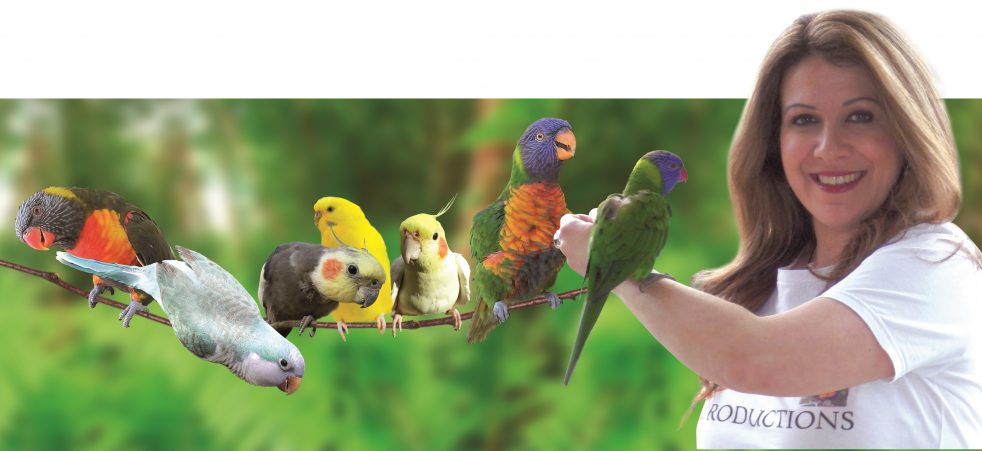Australian Law:
Code of Practice for the Housing of Caged Birds
This code has been prepared from a consideration of the welfare of cage birds held in captivity. Its purpose is to define the minimum standards of accommodation, management and care that are appropriate to the various species of cage birds.
Guidelines for the welfare of pet birds NCCAW Position Statement
Introduction
Birds provide enjoyment and companionship to many people. People, therefore, have a duty of care so birds live a fulfilled life that is free from stress and disease.
Pet birds are defined as all seed and nectar feeding birds that can be kept legally in a state of captivity, and spend all or part of their time housed in cages. Other types of birds, including insectivorous and birds of prey, waterfowl, ratites, pigeons used for racing, poultry, pheasants or quail used for the commercial production of meat or eggs, have specific needs and are not covered by these guidelines.
These guidelines do not deal with common or statute law requirements which impact on the keeping of birds, such as council regulations or nature conservation. This information should be sought from the appropriate authority.
These Guidelines do not apply to the keeping of birds in cages used for exhibition, quarantine or hospitalisation. Cages used for exhibition should be bound by regulation sizes controlled by the organisation conducting the exhibition, and should be designed to protect the welfare of the birds.
These guidelines set out the basic care requirements for birds in captivity and aim to:
promote the humane and considerate treatment of birds the use of good husbandry practices
inform people of their obligations for the care and management of caged birds
provide the community with a set of guidelines for the care of caged birds.
The guidelines recognise that a basic welfare requirement of birds in aviaries, is a husbandry system appropriate to their physiological and behavioural needs. A caged bird’s basic needs include:
ready access to food and water to maintain health and vigour
accommodation that provides protection from the weather and does not harm or cause stress
prevention and treatment of disease, injury or unwanted behaviour
space and opportunity to exhibit their natural behaviours
careful and proper handling.

